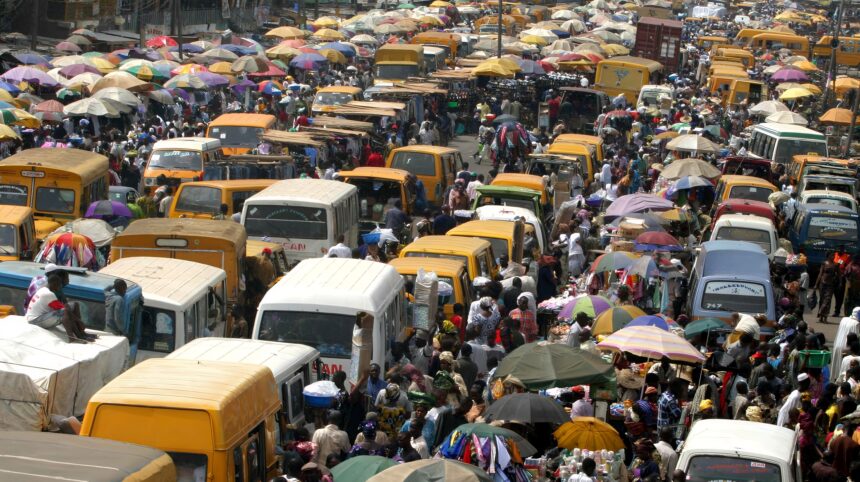Recent data has revealed that Lagos State, Nigeria’s bustling economic hub, is gradually losing its grip on the nation’s brightest young minds as graduates are fleeing Lagos for other states.
Lagos State, once seen as the dream state for many seeking greener pastures, is slowly becoming a state many don’t dream of residing in.
This comes as the state’s relentless pace, soaring costs, and overcrowded streets are pushing recent graduates to other quieter urban centers like Ibadan, Abeokuta, and Asaba.
In this article, Pan-Atlantic Kompass explores five key reasons Nigerian graduates are fleeing Lagos;
1). Huge Cost of Living: Lagos State is one of the most expensive states to live in Nigeria. Checks by Pan-Atlantic Kompass show that house rents and transport fees are on the high side in Lagos State.
House rents in areas like Ikeja or Lekki average ₦1.5 million annually, while average transport fares in Lagos cost about ₦3,000 daily. In Ibadan, for instance, a similar apartment might cost half as much, freeing up funds for personal growth or entrepreneurship.
2). Worsening Traffic Jams: In Lagos State, navigating the city can be a daunting experience, as traffic jams often force drivers and commuters alike to remain stuck on the road for over two hours.
During peak hours, vehicles move at a snail’s pace, making even the shortest journey feel like an eternity. This congestion, fueled by a growing population and an ever-increasing number of vehicles, adds a layer of challenge to daily life in Lagos State.
3). Emergence of Remote Jobs: Recently, Nigeria’s job market has been changing with remote job opportunities being the order of the day. This development has allowed graduates to perform their job duties from virtually anywhere in the world.
The flexibility of working from home or other remote locations is part of the reasons Nigerian graduates are fleeing Lagos to choose environments that suit their personal needs and preferences.
4). Seeking Better Quality of Life: Pan-Atlantic Kompass gathered that beyond economics, quality of life is a significant factor for many Nigerian graduates. Lagos’ overcrowded streets, noise pollution, and lack of green spaces contrast sharply with the cleaner air and vibrant local cultures of smaller cities.
5). Rising Insecurity: Pocket-picking and notorious “agbero” culture are rampant issues that are causing some graduates to flee Lagos State for other states.
Many graduates are frustrated about navigating markets or traffic, only to face petty theft. Also, graduates often face harassment and financial strain from these agberos. This persistent threat of insecurity, pocket-picking, and agberos compounds Lagos’ unappealing urban experience.





